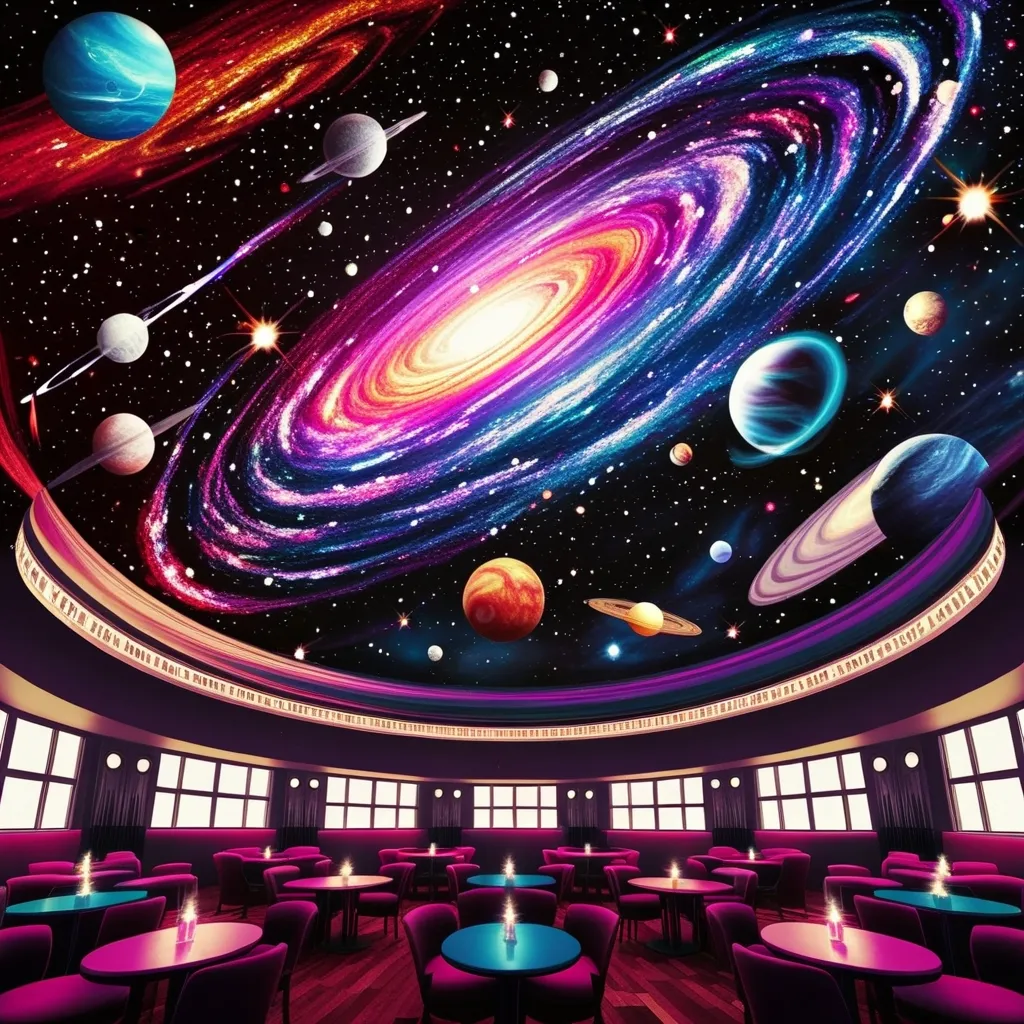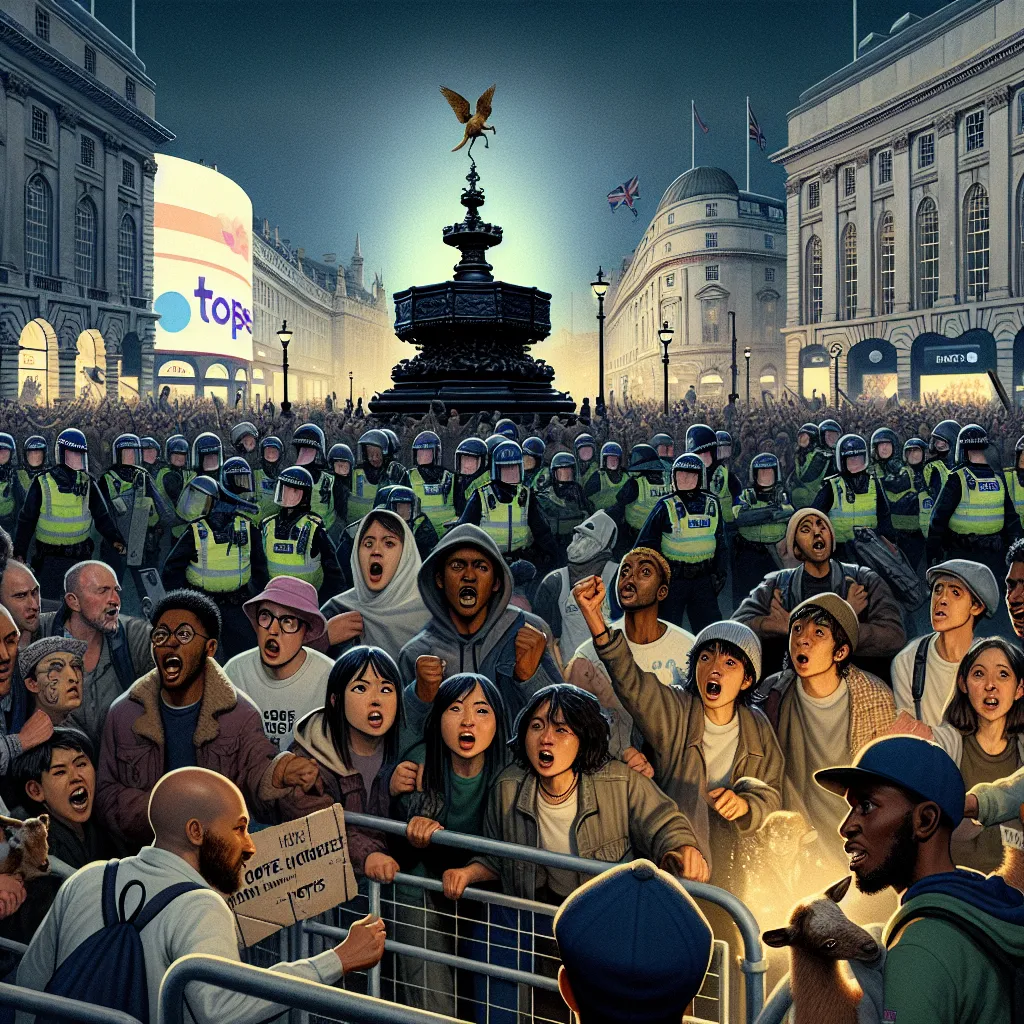Imagine waking up and pondering if everything around you, from the honks of morning traffic to the taste of that first sip of coffee, is just a grand, carefully engineered illusion. The Simulation Theory dares to dive into this rabbit hole of possibility. It’s been kicking around for a while, intriguing everyone from serious philosophers to tech billionaires. It all started in 2003 when philosopher Nick Bostrom came up with the idea that if a super-advanced civilization existed, they’d likely have the tech to create incredibly detailed simulations of their ancestors. Imagine simulations so convincing, the simulated beings wouldn’t have the faintest clue they’re living in a make-believe world. Given the chance to run countless simulations, Bostrom poses that we might just be part of one, rather than the ‘real’ world we assume we know.
Add the concept of a multiverse to this mix, and things get wild. Picture layers upon layers of reality, each one potentially simulating another. A sort of cosmic Russian nesting doll situation that makes the idea of us living in a simulation statistically enticing.
Our tech today feels like a glimpse into this future. Supercomputers already simulate complex galaxies and even subatomic particle interactions—a hint, perhaps, that civilizations far more advanced than ours could be out there simulating entire universes without breaking a sweat. If we follow this trajectory of technological progress, the thought of such mega-simulations doesn’t seem entirely outlandish.
Ever contemplated why the speed of light stubbornly remains constant? Some speculate it might be a hint, or a ‘glitch’ in the matrix. It could be a limitation imposed by those hypothetical simulators, much like how our gaming computers today have processing limits. In essence, the fabric of space could very well be coded, with light-speed being the ultimate hardware restriction.
Peel the layers further, and we stumble onto the concept that information might be the true building block of our universe. Dr. Melvin Vopson has floated the idea that information has its own physical mass. Some say this elusive concept might even unravel the mystery of dark matter. What if our universe is just a sophisticated information system, akin to a colossal computer simulation?
Dr. Vopson’s exploration into this universe of information has prompted a rethinking across various scientific fields. His idea that genetic mutations might be guided by patterns of information entropy could revolutionize approaches in genetic therapies and even virology. It’s not just biology that’s feeling the heat; atomic physics is getting a run for its money too. Electrons behave in ways explained by this rule of info-dynamics, shedding light on perplexing phenomena like Hund’s rule.
But, let’s not get carried away just yet. There’s no shortage of skeptics out there. Some say the complexity of simulating our universe requires ridiculous amounts of resources. Frank Wilczek argues it just doesn’t add up to waste so much energy on what are essentially extravagant details. Others, like Sabine Hossenfelder, suggest the entire theory is a philosophical musing more than a scientific pursuit. It’s a conundrum without a clear path to testing, leaving it outside the realms of testable science.
At its core, the Simulation Theory taunts us with existential questions, ones that hinge on the very nature of reality. And despite technological advances, proving or disproving its validity might remain a dream. Immanuel Kant’s notion that our perceptions are crafted by our minds gets a modern twist with neuroscience revealing all kinds of brain interpretations layered onto our raw senses. So even if we entertain the possibility of living in a simulation, a solid empirical “yes” or “no” might never be within reach.
What to do, then, with this unyielding curiosity? Some itch to shift focus—and rather than getting tied up in endless speculation, they suggesting embracing the simulation model as a methodological tool. Exploring reality through a simulation lens might just give science the edge in modeling complex systems, fueling innovation without the philosophical deadlocks. It’s a fresh perspective making waves in scientific circles, one that values the thought experiment as a driving force for discovery.
With every leap in computing power and cosmic understanding, Simulation Theory keeps its allure. Sure, it might never fall into the realm of proven facts, but its provocative nature prods at the curious soul, challenging our understanding of reality itself. Whether or not this theory holds water, it’s already a catalyst for fresh research avenues and riveting debates, weaving into the tapestry of human exploration.
So revel in the what-ifs, the boundless curiosity that binds science, philosophy, and technology together in this intriguing dance. Next time thoughts wander off into the universe’s mysteries or dive into the nitty-gritty of quantum mechanics, remember what if this all is part of some grand cosmic video game? It may just infuse everyday wonder with a sprinkle of mind-bending possibility.






